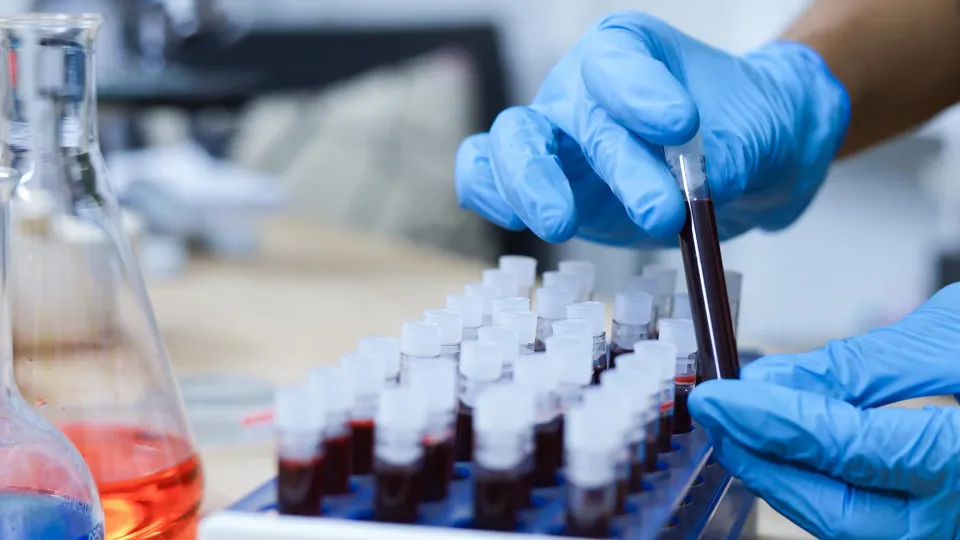News Brief
Developing a Countermeasure for Radiation-Induced GI Tract Damage
December 19, 2024

Exposure to high doses of radiation in a short period of time—due to a “dirty bomb” nuclear terrorist attack, for example—can cause serious health problems that include hematopoietic acute radiation syndrome (H-ARS) and gastrointestinal acute radiation syndrome (GI-ARS). The U.S. Food and Drug Administration (FDA) has approved four drugs to treat hematopoietic H-ARS, but no effective therapies have been approved for GI-ARS, which can be life-threatening depending on the level of radiation exposure.
The National Institute of Allergy and Infectious Diseases has awarded Chandan Guha, M.B.B.S., Ph.D., a five-year, $2.8 million grant to study a synthetic peptide that shows promise for treating GI-ARS. The peptide, TPOm, mimics the action of thrombopoietin, a hormone that stimulates the production of megakaryocytes, the bone marrow cells that produce platelets. Preliminary studies by Dr. Guha and colleagues have shown that TPOm administered to mice 24 hours after exposure to partial body irradiation improved 30-day survival, reduced damage to the gut barrier, and stimulated the repair of intestinal structures and epithelial cell layers. The goal of the study is to develop TPOm into a drug that could gain FDA approval as a treatment for GI-ARS.
Dr. Guha is vice chair of radiation oncology at Einstein and Montefiore, professor of radiation oncology, of urology, and of pathology at Einstein, and associate director of innovation/tech transfer at National Cancer Institute-designated Montefiore Einstein Comprehensive Cancer Center. (1U01AI187051-01)



